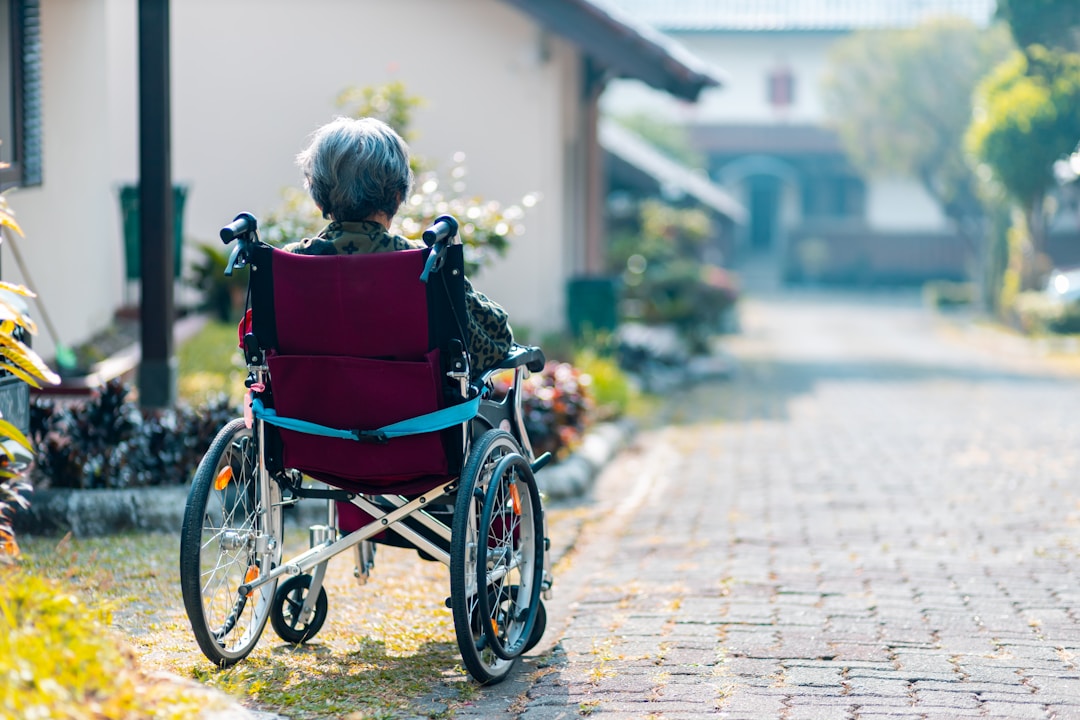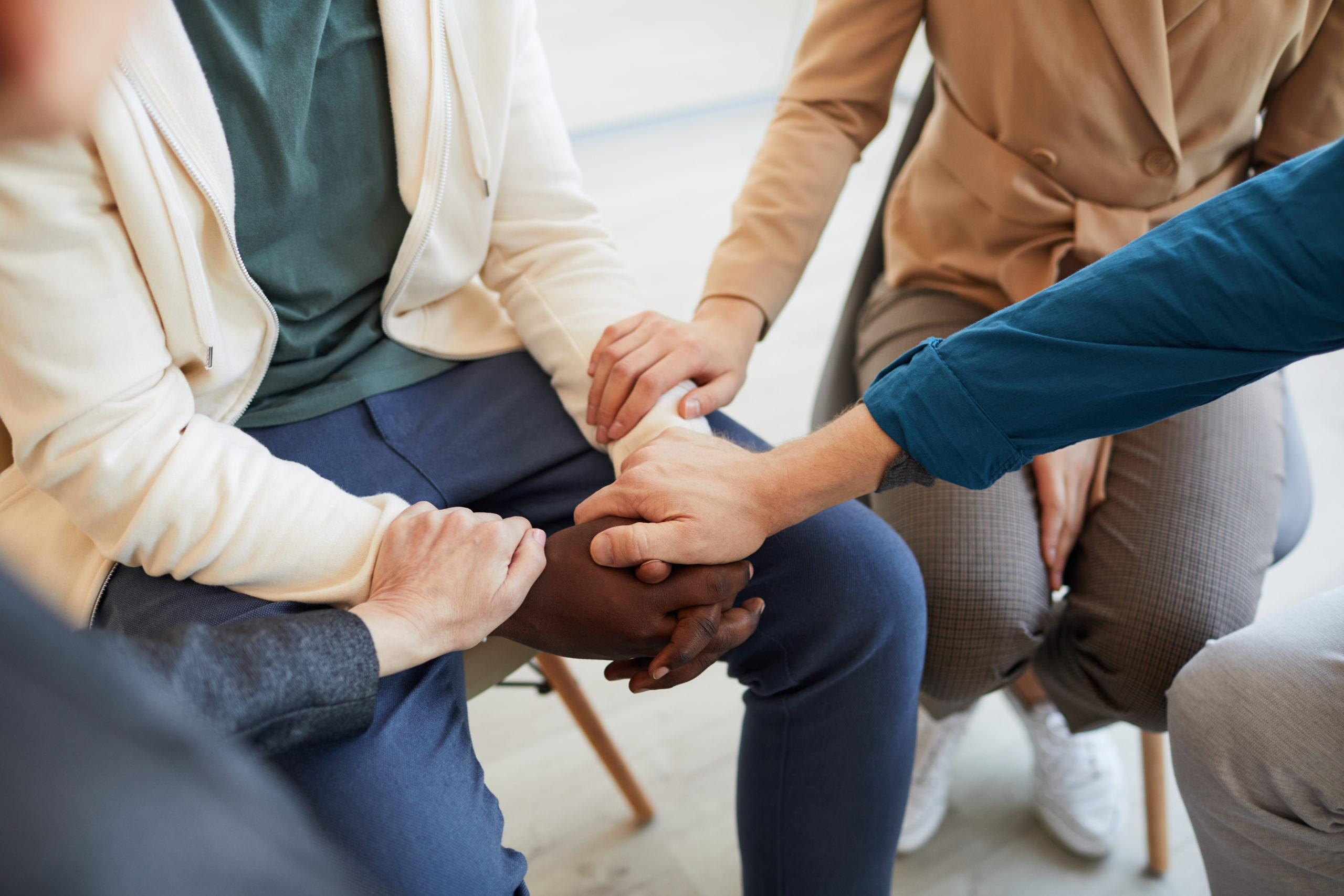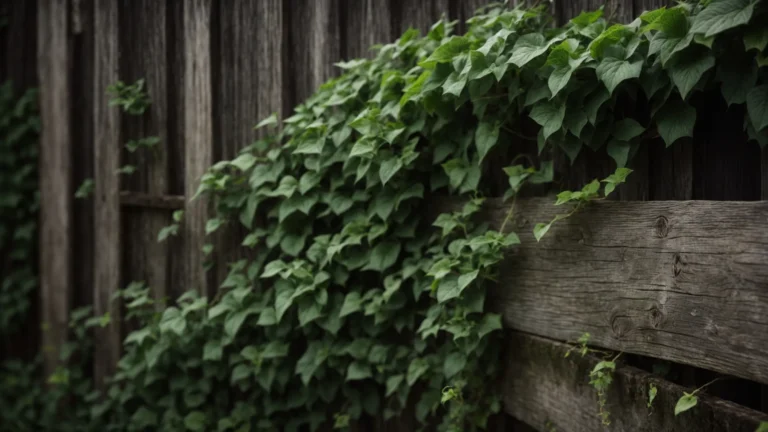Learning that someone you love has Alzheimer’s Disease can be extremely overwhelming. Whether the friend, family member or partner you love is experiencing mild symptoms of dementia and has mild cognitive impairment or is well into the more extreme symptoms of Alzheimer’s, it can be hard to know what to do first after getting an Alzheimer’s diagnosis. On top of learning about biomarkers, clinical trials, and how PET scans, MRI, MCI, and other tests work, you’ll need to find ways to cope with the anxiety and sadness an Alzheimer’s diagnosis can bring up for everyone involved.
The good news is that between resources provided by the Alzheimer’s Association, support groups, therapists, and becoming familiar with the diagnosis, there is hope for making sense of and coming to terms with this diagnosis. To learn how to cope with a diagnosis of Alzheimer’s disease for you or someone you love, read on.
Getting Connected

One of the best ways to make sense of a serious diagnosis is to be as educated as possible. If someone you love has just received this often scary diagnosis, you can help yourself and your family members by doing some research through the Alzheimer’s Association. By visiting their website and signing up for newsletters and events, you’ll put yourself in the position of having your questions answered and realizing you aren’t alone. For example, The Fisher Center for Alzheimer’s Research Foundation is an organization that provides millions of dollars for novel Alzheimer’s research primarily conducted by the late Nobel Laureate Dr. Paul Greengard. Dr. Greengard collaborated with scientists all over the world to investigate the latest, most promising research available. These collaborations continue in his absence. This could be a fantastic resource for you and your family.
If you’re in a position to get involved with the Alzheimer’s Association by doing things like fundraising, you’ll feel even more connected and build your support team that much faster. Either way, by connecting yourself with tools and resources like research statistics and a strong network, you’ll start to feel better about the diagnosis in general.
Joining a Support Group

After learning what you can about the diagnosis and talking to your loved one’s health care team, it’s a good idea to join a caregiver’s support group. This will help you to take care of yourself while looking out for the person you love. The reality is that it can be stressful to care for a person with this diagnosis. In being able to talk about challenges you face as a caregiver, you’ll help to minimize your stress and anxiety levels,
Building a Personal Support Network

No one can do it all alone. If you love someone with Alzheimer’s, it’s a good idea to talk openly with friends and family about ways they can help even in the early stages of Alzheimer’s. Asking people to help care for the person you love, give you breaks, make meals, and run simple errands will all go a long way in giving you the energy you’ll need to cope as things progress.
In the end, while an Alzheimer’s diagnosis is serious and can be devastating, it doesn’t mean there can’t be great times ahead and memories made with the people you love. In reaching out to a therapist, connecting with the Alzheimer’s Association, joining a support group, and sticking close to the people you love most, you’ll be in a better position to focus on living in the moment and more able to tackle this difficult diagnosis.
Best of luck to you and the people you love as you work together to face Alzheimer’s disease and its symptoms with hope.






